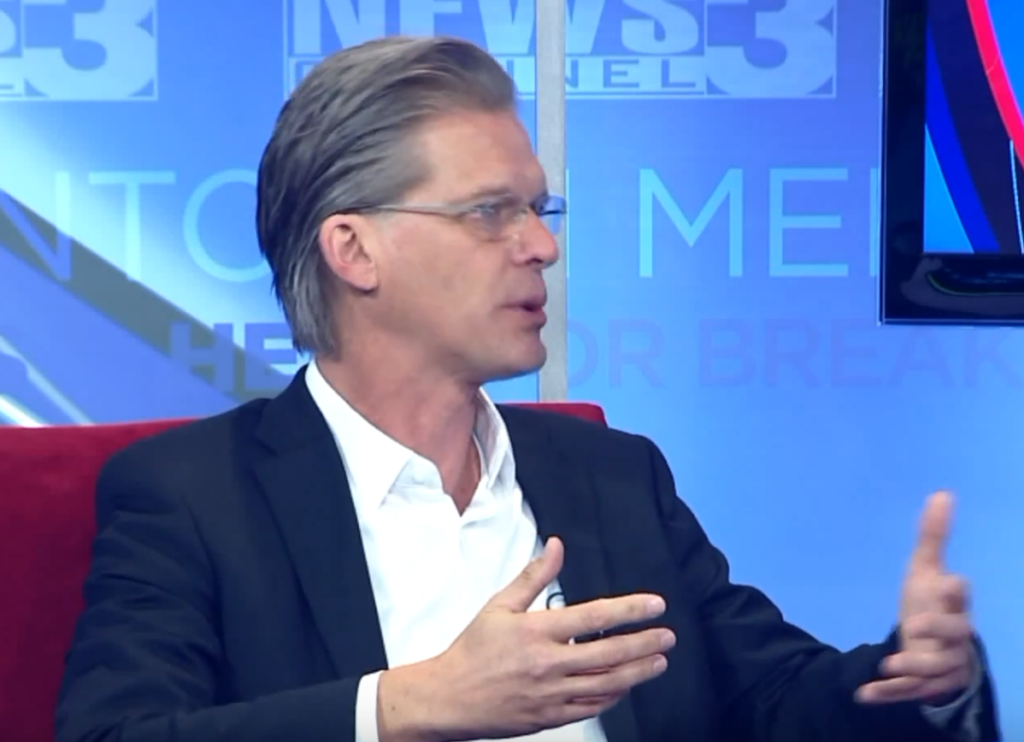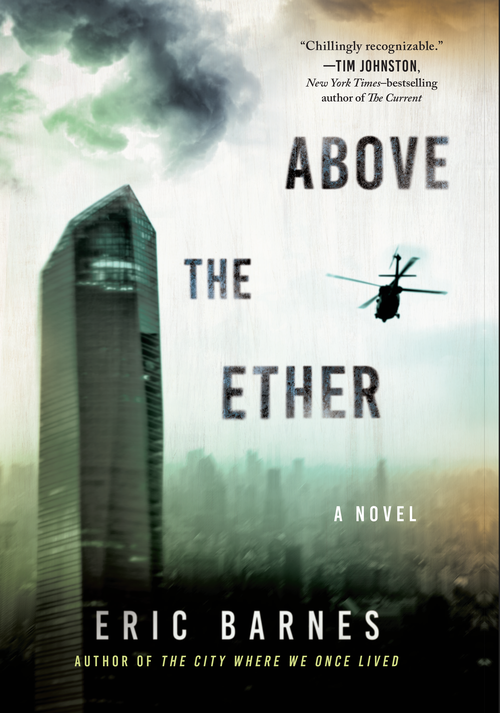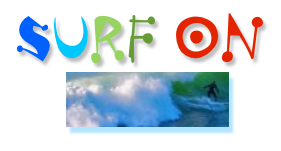
This blog posts on Mondays. Fourth Mondays of the month I devote to a Q & A with a fellow writer.
I am not the only one coming to the conclusion, after many years of enthusiastic embrace, that the digital revolution has been a Faustian deal. This month’s “Q & A” is not with one writer but a reprise of a question I have posed to many writers over the past few years, as part of this blog’s fourth Monday Q & A: How have you been coping with the digital revolution? Herewith a wide-ranging selection of their answers. May you find them as thought-provoking as I did.
KATHERINE DUNN: … I have an iPhone that I use mainly for photos…but I’m not attached to it like many people. I have learned to sit down, and state in my head what I need to do, i.e., “I need to get this canvas started and work on it for one hour.”
Simple tiny steps of work. I find I actually get a lot done in a shorter amount of time than when I was younger.
I also do not feel compelled to be in the studio all the time. I’m 62, maybe that is part of it–I have less enthusiasm for other people’s presence.
I think if most people just tried [turning] off notifications on their iPhones it would help! I see some people unable to have a 5 minute conversation without getting interrupted.
I’ve learned to get on and off social media. I deleted 5000 “friends” on Facebook and kept 100 of people I really knew. I never post on it. I only maintain my Apifera Farm nonprofit page. I don’t comment hardly ever on anything of FB. I decided it was a drain and that I was basically entertaining the masses with free photos, stories and more, and was not seeing a return. The nonprofit still can bring in donations through FB. Instagram is eye candy, I use it as a marketing tool for my non profit, and post art when I have it to show.
But that’s it. I don’t interact on it, except to see a baby photo or something of real friends.
_____
From Q & A with Katherine Dunn on White Dog and Writing in the Digital Revolution, Madam Mayo blog, July 27, 2020
*
JOANNA HERSHON: I imagine that, like most people, I’m more distracted with social media, texting and email but I still do feel like when I’m writing… I’m writing, just like I always did before the internet existed. Part of what I love and crave about writing fiction is that it’s a process that feels timeless and part of my essential self.
_____
From Q & A with Joanna Hershon on Her New Novel St. Ivo, Madam Mayo blog, March 23, 2020
*
BARBARA CROOKER: …I resisted using social media for a long time once we got a high speed connection, fearing it would be a time suck (it is!). I do try to answer emails in a timely fashion, but I limit Facebook to half hour sessions, confess that I don’t see the use of Twitter, but do use it to post when poems are online or if I have an event, and haven’t figured out Instagram yet. . . . The good part about all of this (the Digital Revolution) is that I can easily share work, especially work that has appeared in print-only journals, with larger audiences. I maintain my own website (www.barbaracrooker.com), posting a new poem every month, plus links to poems published online. The downside of it is that I’d need to be cloned to really be able to be a big presence on social media. But I feel my real job is just to write poems, so I’m working as hard as I can to keep the rest of the “stuff” to a minimum.
________
Q & A with Poet Barbara Crooker on the Magic of VCCA, Reading, and Some Glad Morning, Madam Mayo blog, December 23, 2019
*
NANCY PEACOCK: My biggest experience with the digital revolution has been with Facebook. After much cajoling from an agent and the culture, I finally opened a Facebook account. That’s what we’re supposed to do, as writers, right? We’re supposed to promote our work every possible way. I was surprised to find things that mattered to me on Facebook, and then, as those things dwindled, I became addicted to searching for them. In the end, my mind became fractured, and I was unable to focus on what I needed to focus on: the writing. I deleted my FB account. I did not disable it. I deleted it, and I feel my mind healing. It was like coming off a drug…. For me it really came down to either being a writer or presenting as a writer. I chose the former.
________
From Q & A: Nancy Peacock, Author of The Life and Times of Persimmon Wilson, Madam Mayo blog, March 26, 2018
*
BRUCE BERGER: I write the same way I did when I began, which is on a yellow legal pad in longhand with a Ticonderoga hardness of 3 pencil, which I transcribe to my laptop, then print for corrections. While I keep up with email and google for info, I don’t participate in social media or text. For the record, I identify as a retro analoggerhead Luddite retard from the Silent Generation.
_______
From Q & A with Bruce Berger on A Desert Harvest, Madam Mayo blog, November 25, 2019
*
SERGIO TRONCOSO: I think you have to be relentless about getting the word out about your books and appearances on social media, you have to accept this ‘fast world’ as our world now, even though sometimes I hate it, and you have to do your best not to lose yourself in the posting and re-posting and stupid arguments that too often occur digitally. I do it, then I go back to my work. So I feel a bit schizophrenic sometimes, but I do relish the moment when I turn everything off and lose myself in my work or on a particularly thorny issue of craft. I think you almost have to have a ‘segmented mind,’ that is, learn to function in the realms of social media effectively. But then also learn to take all of this digital frenzy somewhat skeptically. The most basic way it’s affected my writing is that now I write about it, in dystopian stories about where I think our country might be headed, with people too quick to judge superficially, so enamored with images, so lost in our digital world that the real world becomes an aside.
_______
From Q & A with Sergio Troncoso, Author of A Peculiar Kind of Immigrant’s Son, October 28, 2019
*
ERIC BARNES: My advice is to turn it all off when you write. Phone. Email. Everything. I write on a computer, but have to be sure all the alerts and notifications are off. Not just emails and the Web, but even alerts about software updates and battery life. Everything. Even the word processor I use, I have it set up so all the toolbars and menus and everything else is hidden. I just want a blank white page on which I can type.
Otherwise, the distractions are deadly.
_______
From Q & A with Eric Barnes on Above the Ether and Turning It All Off, Madam Mayo blog, July 22, 2019
*
JOSEPH HUTCHISON: I don’t have a writing routine, but when a poem does rear its Hyacinthine head, I become obsessive—preoccupied, distracted—and I pretty much stop answering emails. I have my blog set up so that my posts automatically flow through to a few social media sites, but I don’t generally visit those sites myself, even less so now that I’ve turned off notifications. Unfortunately, I follow numerous sites for political and poetical news, so that when a poem’s finished, I have to wade through days of unread articles. Overall, I’d say that I don’t feel much of a stake in social media, which is generally antisocial and trivializing. I don’t consider it a writerly medium.
_______
From Q & A: Joseph Hutchison, Poet Laureate of Colorado, on The World As Is, April 22, 2019
*
MARY MACKEY: I’ve been using computers since the early 80’s, so the Digital Revolution did not come as a surprise. It hasn’t affected my writing, but, like all writers these days, I have to spend time on social media that I would have otherwise spent writing, so I ration my online time carefully. To write poetry, to create anything, you need long periods of silence and intense concentration. You need to be able to hear your inner voice. You can’t do this if you are always checking your phone. My solution is rigorous compartmentalization. I set aside times to write and times to do social media.
_______
From Q & A: Mary Mackey on The Jaguars That Prowl Our Dreams, Madam Mayo blog, November 18, 2018
What works and doesn’t work for you?
My own sense is that accomplishing anything in this midst of the digital revolution requires clarity of one’s intentions, as well as self-awareness and self-honesty when it comes to assessing one’s own strengths and weaknesses, and time constraints. Hence, everyone’s answer will differ. But we are all struggling with something tremendous.
Much more on this subject anon.

Synge’s The Aran Islands and Kapuscinski’s Travels with Herodotus
Q & A: Shelley Armitage on Walking the Llano: A Texas Memoir of Place
Why Translate? The Case of the President of Mexico’s Secret Book
Find out more about C.M. Mayo’s books, shorter works, podcasts, and more at www.cmmayo.com.




